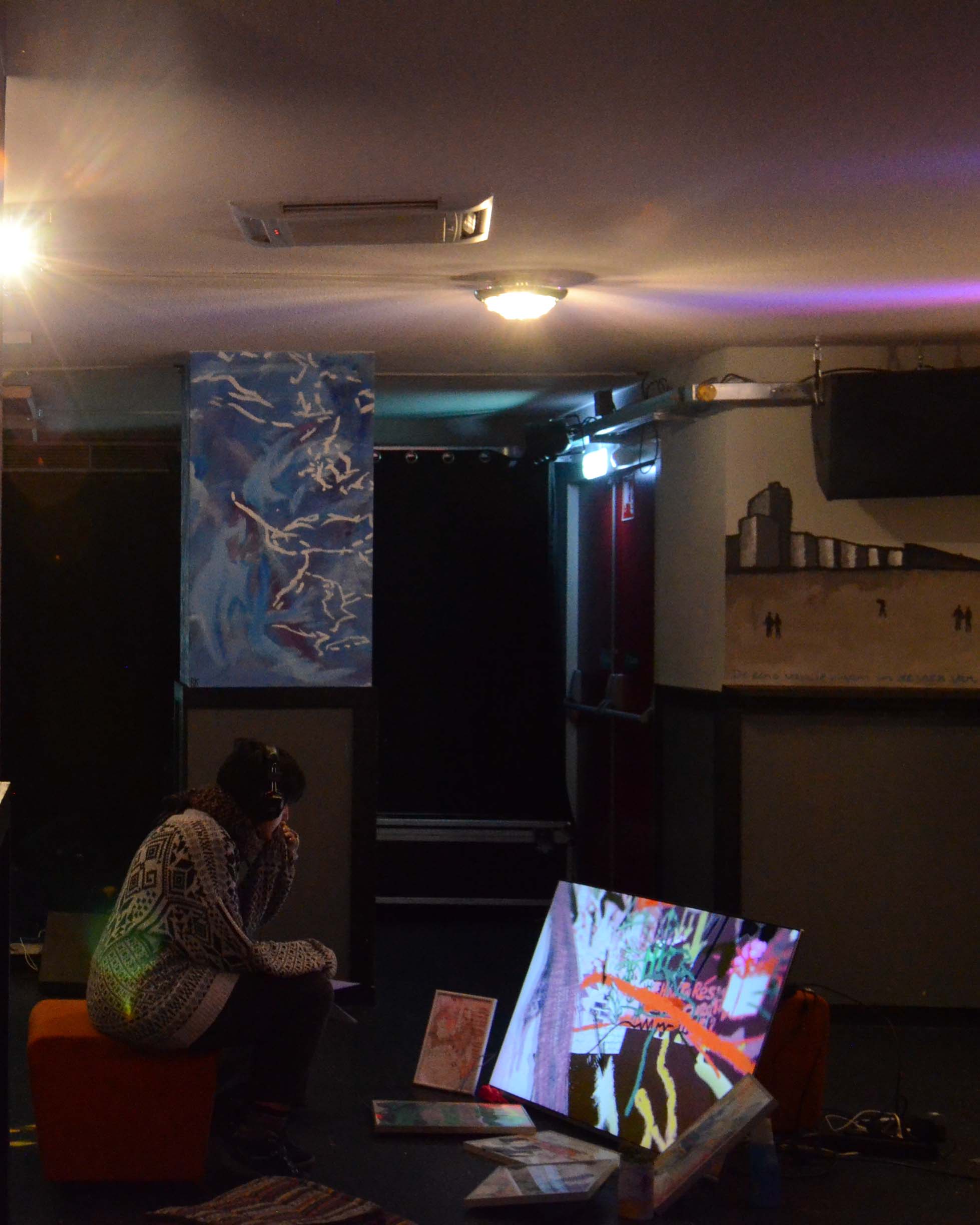Saskia Burggraaf.
ABOUT - AGENDA - CV
visual art & design - enhanced by writing, theory, research and workshops
Saskia Burggraaf.
ABOUT - AGENDA - CV
visual art & design - enhanced by writing, theory, research and workshops
Drawings,(screen)prints, sketching & etching






Saskia Burggraaf.
ABOUT - AGENDA - CV
visual art & design - enhanced by writing, theory, research and workshops
Making Worlds: Feminist Theory in activist performance for inclusive Belonging
How to make space when you take space within urban squatter movements
Abstract
My thesis considers how internalized inequity of the neoliberal housing market and its property
mechanisms manifest themselves within the Dutch squatter movement (NKB), causing it to replicate
some of the structures it purports to oppose. As a femme queer-identifying artist with a squatter history,
I am interested in the inter-relationship between (activist) communities,
individual performances of property/non-proprietary comportments,
and the way physical spaces retain complex traces of patriarchal economic structures within daily life.
Putting the Dutch housing policy and struggle in the current context of global capitalism, and
drawing on Marxist, autonomist and feminist spatial theory, I argue that squatting culture in the
Netherlands stymied its radical potential by its structural inattention to the non-binary complexity of
bordered, domestic and interpersonal scales of the political within its un/recognized histories.
This thesis takes an alternative approach from materialist feminist theorists of race, geography, normativity,
and the structurally oppressive household, including Silvia Federici, Sarah Keenan, Davina Cooper and Doreen
Massey, to challenge the masculine norms of Marx’s historical materialism and property critique. The
works of Margaret Davies, Nazima Kadir, E.T.C. Dee/Deanna Dadusc and an interview of Wendelien van
Oldenborgh are used to further contextualize my argument concerning the necessity of feminist and queer
occupations/cohabitations as resistance to both late liberal capitalist belonging within “property logic”
and masculine-normed ideals of autonomy. Material feminist analytics, including from performance
theory, in the scene of activism, here enable radical politics to emerge that are savvy to housing needs and
anti-authoritarian politics by imagining intersubjective worlds that move beyond philosophically limited
concepts of belonging and singular events of property repossession.
Dutch Art Institute (DAI)
Art Praxis Graduate School ArtEZ University of the Arts
Master of Arts Thesis
Supervisor: Rachel O’Reilly
July 2020
Saskia Burggraaf.
ABOUT - AGENDA - CV
visual art & design - enhanced by writing, theory, research and workshops

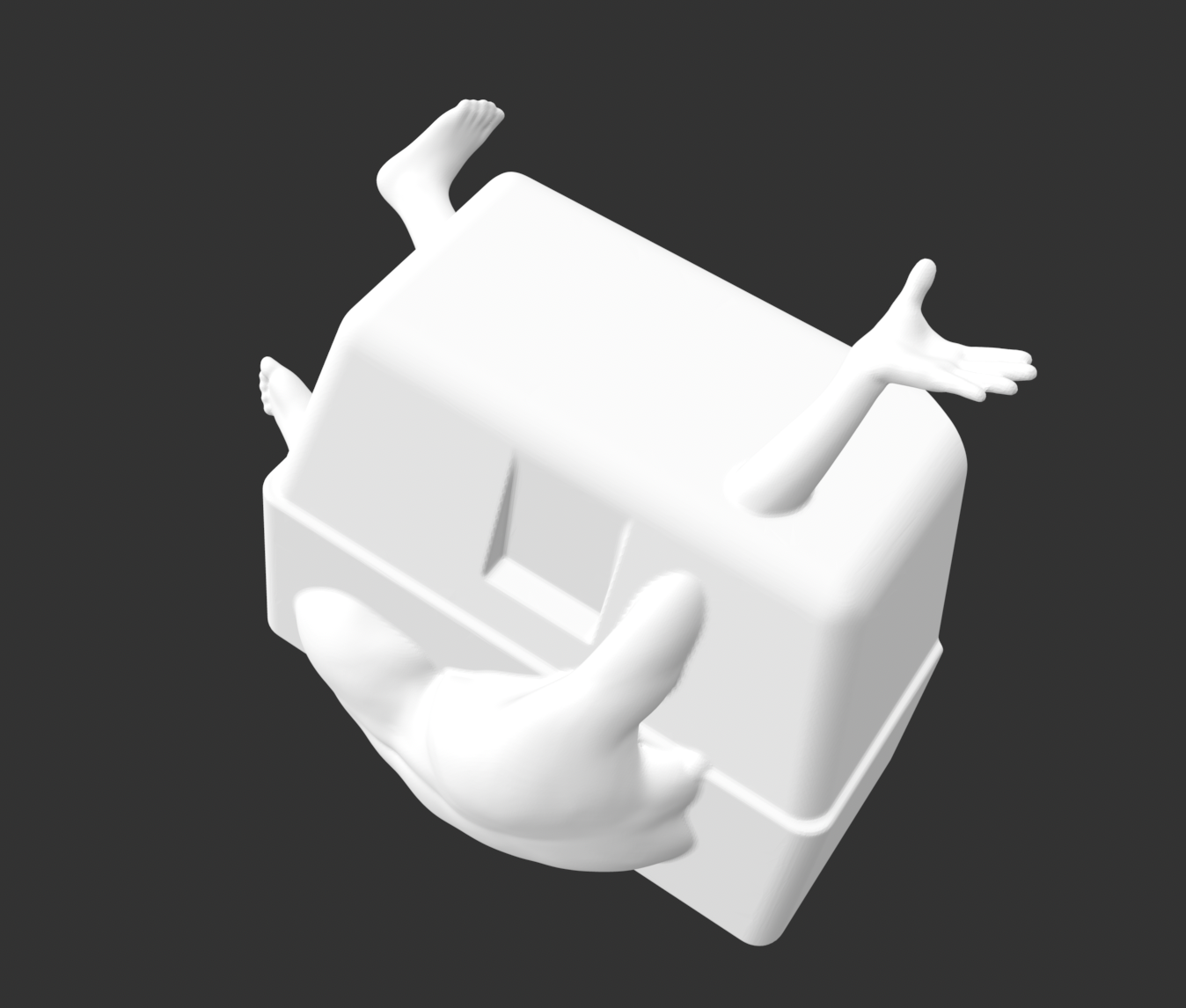



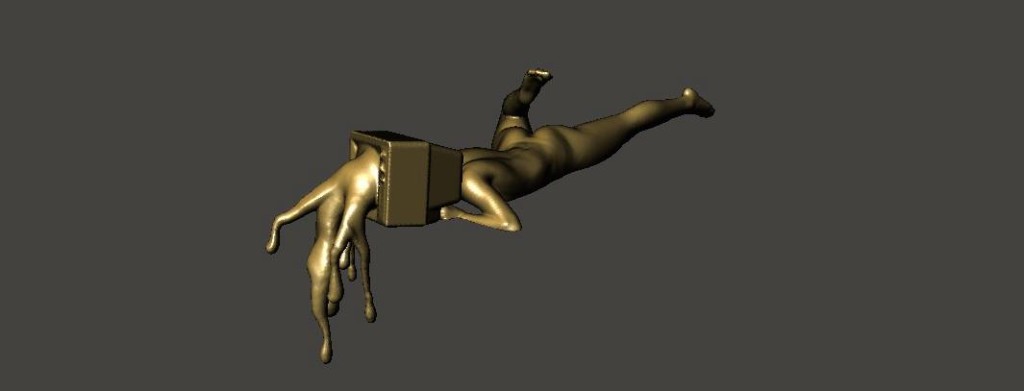



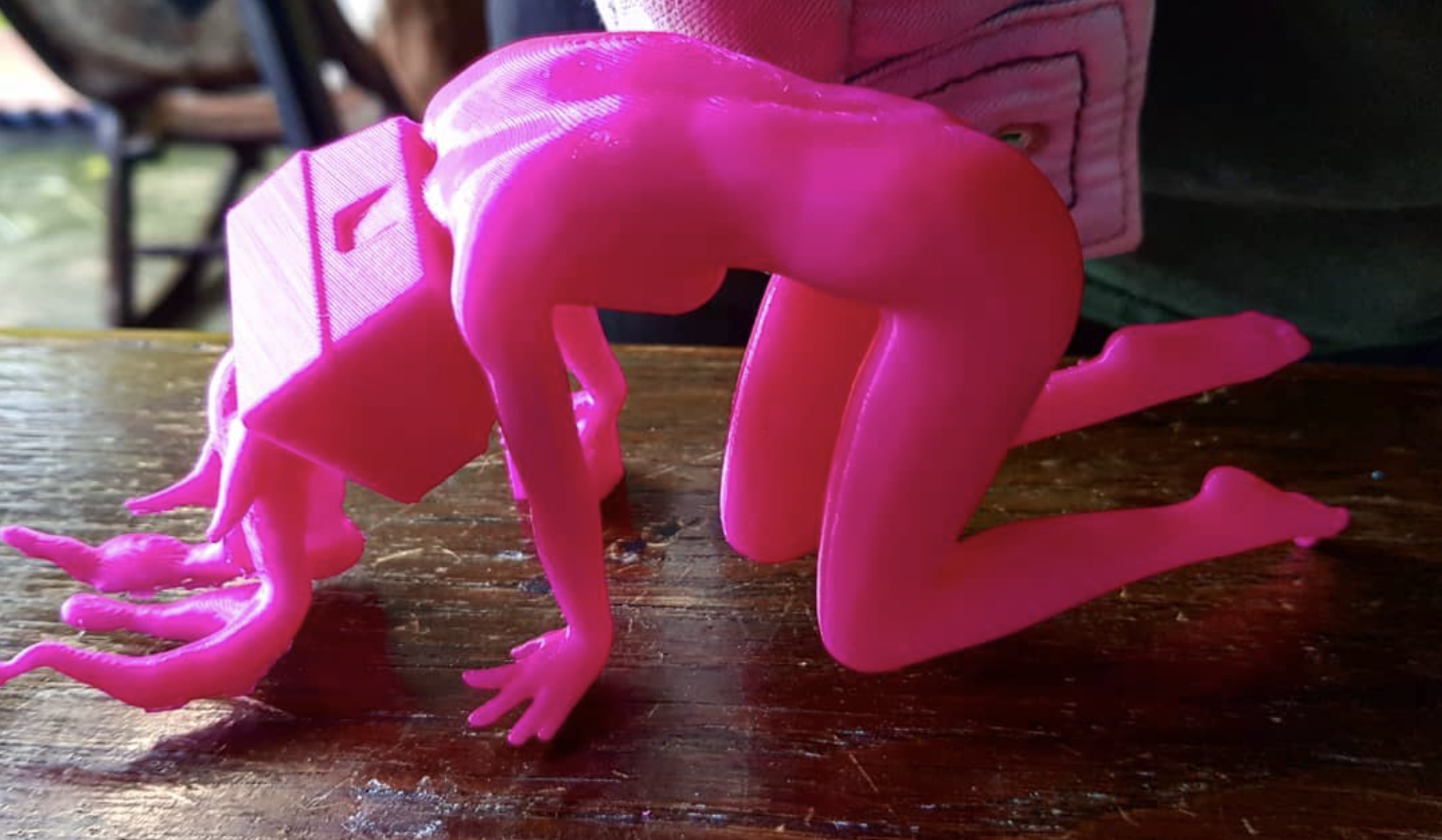

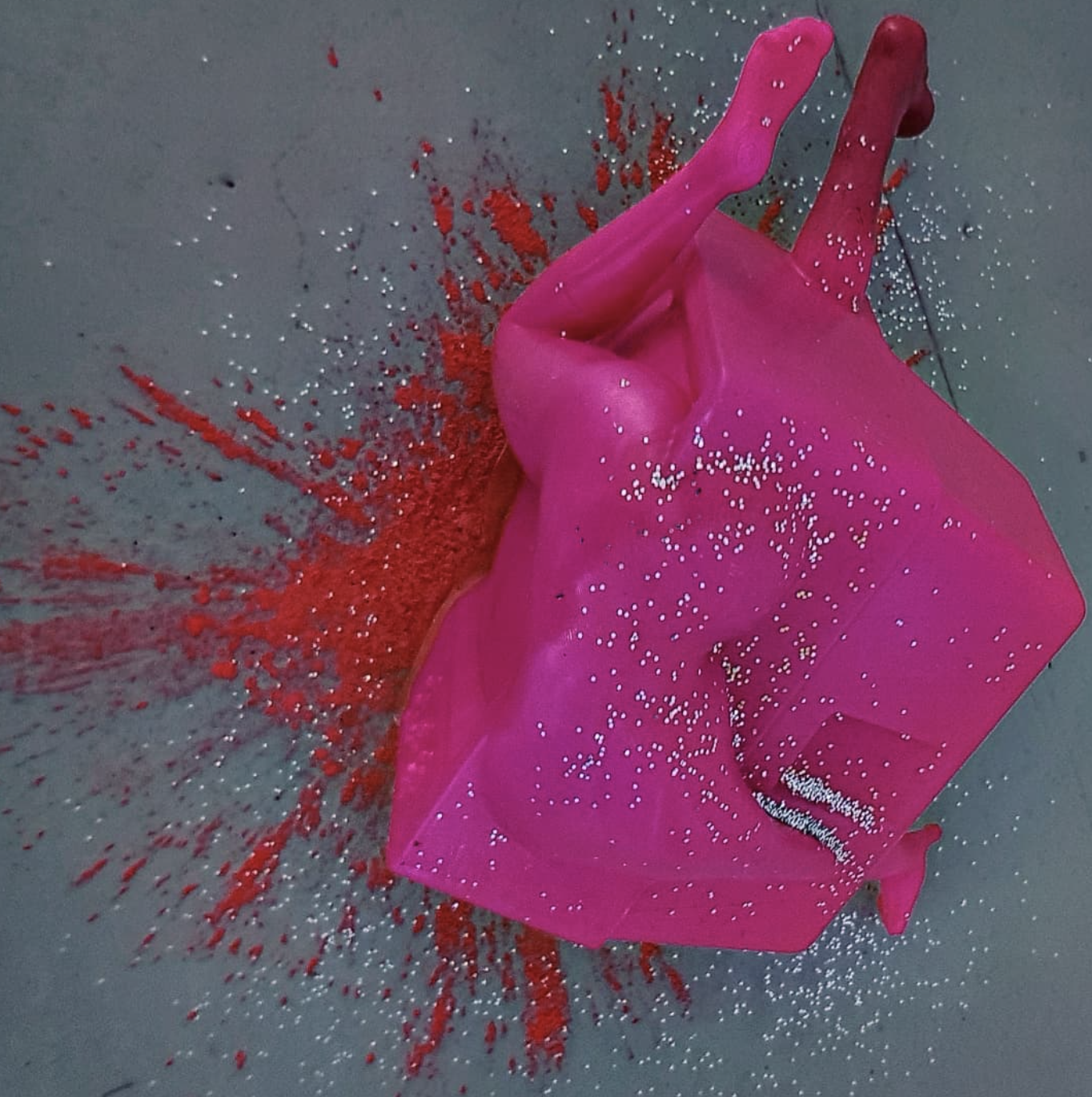

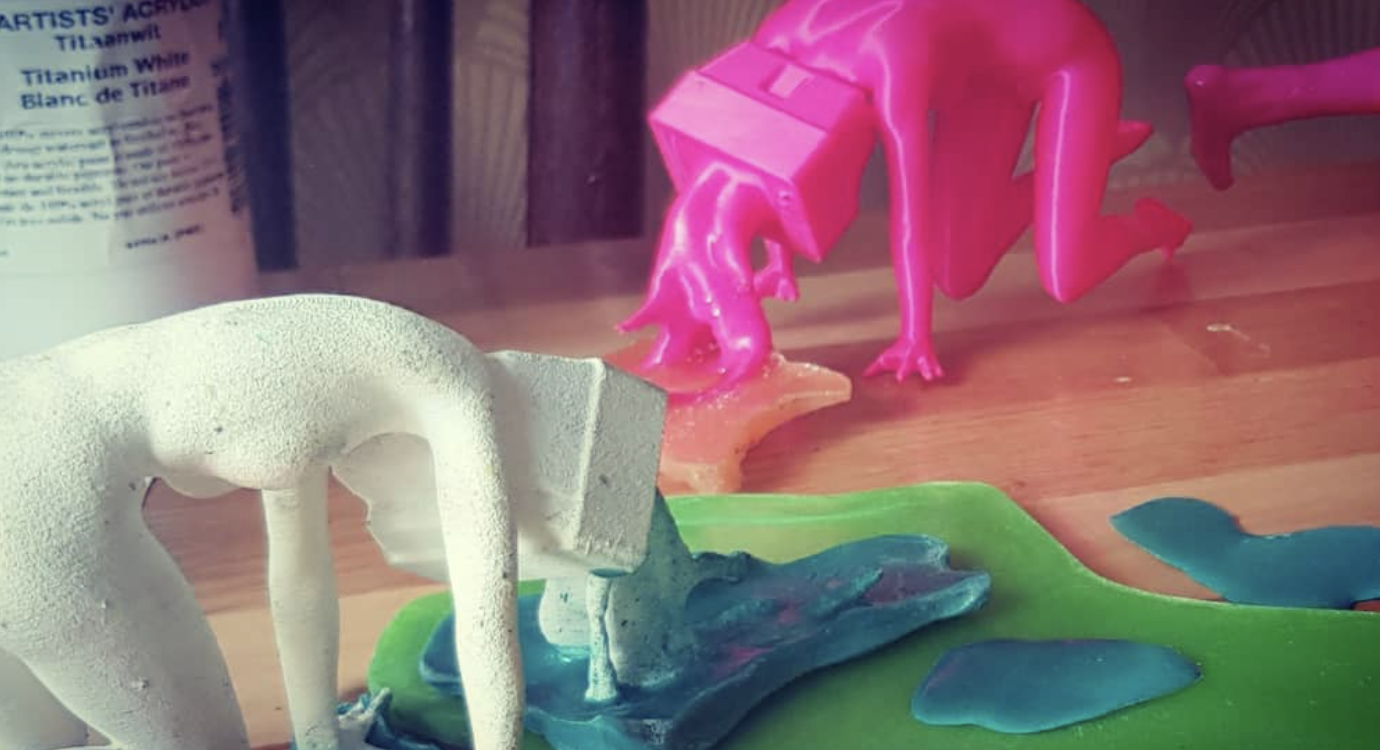
Saskia Burggraaf.
ABOUT - AGENDA - CV
visual art & design - enhanced by writing, theory, research and workshops
FUCK CHRONOLOGY AS TRUTH TELLING, 2022/2023
Content warning, video contains text/voiceover
about sexual violence. Scroll down for info.
Fuck Chronology as truth telling
video, VR, drawing, audio/text (14.13min)Watch and listen with voice/ SOUND over via vimeo / Click here
Fuck Chronology as truth telling is a new video collage without beginning or end. It asks the viewer to think along with the maker about fragmentation; division into pieces, and chronology; a conceptual time sequence.
Why do stories only count if they are told from a certain perspective? Can we experience time outside the dominant capitalist and patriarchal ideology? Isn't it true that we all experience time very differently?
Time flies in all directions and is not linear, yet we want to capture the collective in a structure that is seen as objective; one form of history telling, fixed working hours, laws and simply; the clock.
As a collective we have decided to maintain certain structures, which do not necessarily suit everyone, but are in line with capitalism.
Another, queer idea of time gives room to interact in various ways, where we don't conform to a - straightforward - past-present-future chronology and where caring for each other is made central, not the capitalist idea where eternal growth and success is above all else. This work is a first attempt at thinking about how hidden stories can be made visible, seeking dreams about a life where society leaves no mark on how to deal with our collective and individual idea of time.
What if you can't keep up with everyday life, what if your head just doesn't work like that? What if an event makes such an impact that it seems as if time stands still forever or you get stuck in the past? Can we refuse to accept time as a standard that works the same for everyone? Can we protest linear thinking?
Saskia has remixed image and text from their personal archive, and has included theoretical work by: R. Levine: "A Geography of Time", M. Russel & R. Malthortrah: "Capitalism and disability", V. Browne: "Feminism, Time , and Nonlinear History", I. Milojevic: "Timing feminism, feminising time", M. O'Brien: "Taking Our Time: Feminist Perspectives on Temporality", J. Griffiths: "Boo to captain clock", B. Adam: "Timescapes of Modernity".
Sound: Menzo Schrik
Voice over: Anne Mul
Text, video and editing: Saskia Burggraaf
Photos: Dirkje Baris
